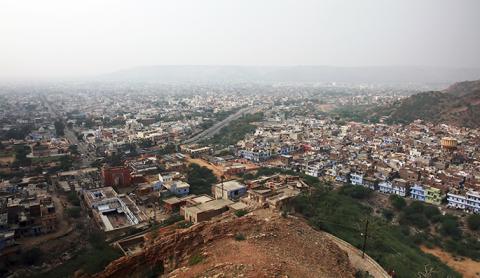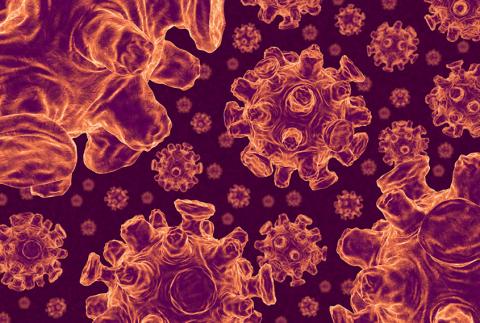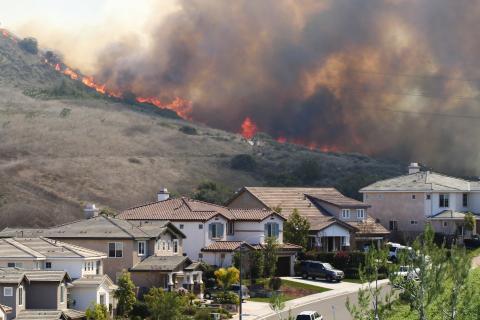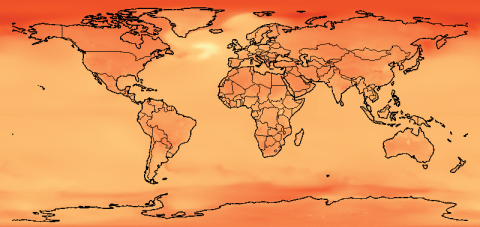It is no surprise that heavy air pollution causes lasting health damage. Highly toxic air levels can be as dangerous to humans as the effects of heavy smoking. Our scientists have developed an air-quality forecasting system that alerts residents of New Delhi about poor air quality days. Although we can’t improve the air quality yet, we can advise residents to stay indoors, reschedule activities, and take precautions to protect their health. We also study the connection between weather and spread of vector-borne diseases, such as zika, dengue, and meningitis, by designing a system that generates 14-day predictions of atmospheric conditions related to disease spread using computer models as well as satellite data. Mapping discrete locations of populations most vulnerable to extreme heat or storm-surge events informs decision makers how to best alert them to hazards, and communicate helpful resources.
Focus Areas of Research

Air Quality Forecasting

Climate and Weather Impacts on Human Health

Coupled Weather-Fire Modeling

Geographic Information Systems - GIS
Contact
Olga Wilhelmi
Head of GIS Program